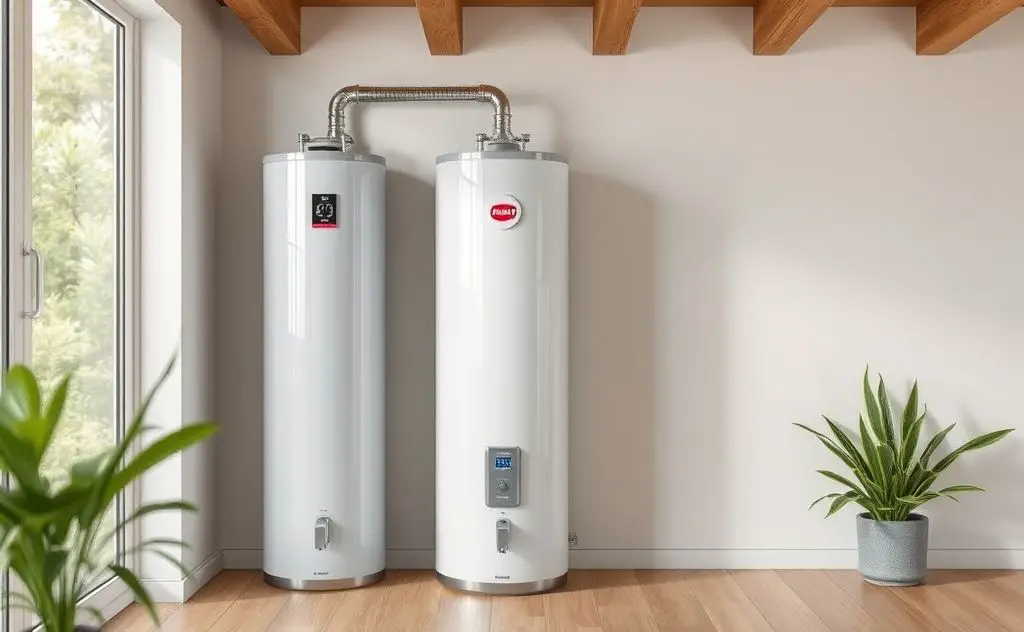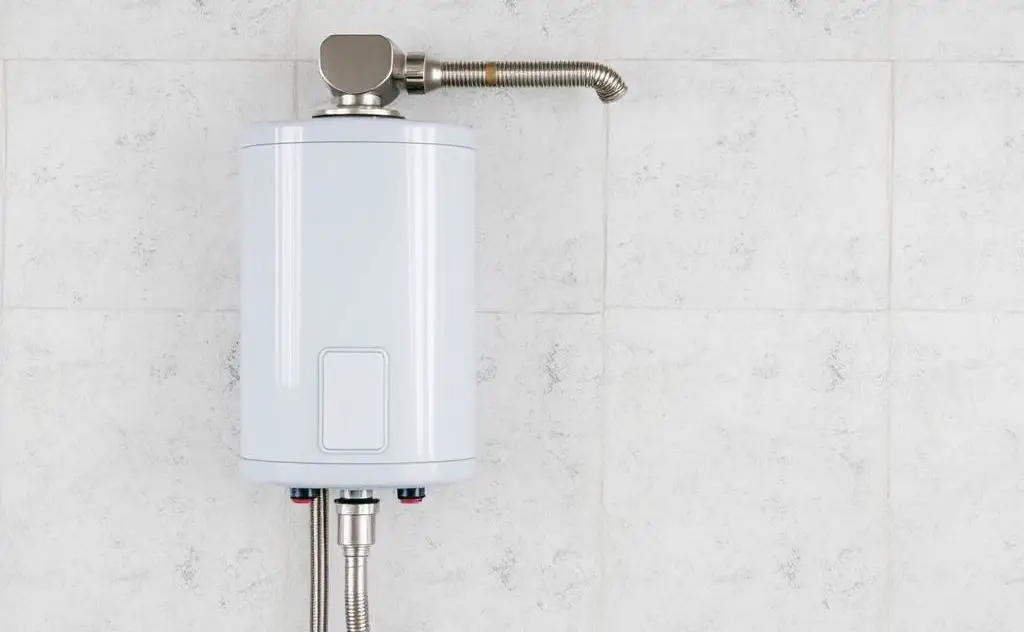Yes, a water heater can qualify for bonus depreciation if it meets the criteria of being new and used in a business setting, as it falls under the category of qualified property under the Tax Cuts and Jobs Act, allowing for immediate expensing of certain capital investments.
Understanding tax benefits for water heaters can save property owners thousands. The IRS allows bonus depreciation on certain improvements, but rules vary based on property type, cost, and efficiency standards.

Bonus Depreciation Rules for Water Heaters
The Tax Cuts and Jobs Act (TCJA) expanded bonus depreciation to 100% for qualified assets placed in service between 2017-2022. For water heaters to qualify, they must meet specific criteria:
- Recovery period of 20 years or less
- Original use begins with the taxpayer
- Placed in service during eligible years
Residential vs. Commercial Properties
Treatment differs significantly:
| Property Type | Depreciation Period | Bonus Depr. Eligibility |
|---|---|---|
| Residential Rental | 27.5 years | No |
| Commercial | 39 years | No |
| Qualified Business Equipment | 5-7 years | Yes |
Most water heaters in rental properties don’t qualify because they’re considered part of the building’s plumbing system with 27.5/39-year depreciation periods. However, tankless propane water heaters used in business settings might qualify if purchased separately from the building.

Alternative Tax Strategies
When bonus depreciation isn’t available, consider these options:
De Minimis Safe Harbor
For items under $2,500 (or $5,000 with audited financial statements), you can expense immediately rather than depreciate. This works best when:
- Purchasing the water heater separately from installation
- Using multiple invoices under the threshold
- Having a written accounting policy
Section 179 Deduction
While residential water heaters typically don’t qualify, commercial properties might use Section 179 for:
- Stand-alone water heating systems
- Equipment not permanently affixed to the building
- Qualified energy-efficient upgrades
The IRS provides specific depreciation guidelines for different property types.
Energy Efficiency Considerations
High-efficiency models may qualify for additional benefits:
Energy Tax Credits
The Inflation Reduction Act offers credits for:
- Heat pump water heaters (up to $2,000)
- Solar water heating systems (30% of cost)
- ENERGY STAR certified models
These credits apply regardless of depreciation method. For example, a heat pump water heater could qualify for both a tax credit and potential bonus depreciation if used in qualifying business property.
Practical Application Examples
Case 1: Residential Rental Property
A landlord replaces a 50-gallon electric water heater for $1,200 installed. Since it’s part of the residential rental property, it must be depreciated over 27.5 years.
Case 2: Restaurant Business
A restaurant owner installs a $4,000 commercial tankless system. If purchased separately from building improvements, it might qualify for 5-year depreciation and bonus depreciation.
Case 3: Office Building
A property manager replaces multiple water heaters totaling $15,000. These would typically be capitalized as part of the building unless using cost segregation to identify shorter-life components.
Documentation Requirements
Proper records are essential for claiming any tax benefits:
- Maintain separate invoices for equipment and installation
- Keep manufacturer specifications showing efficiency ratings
- Document the business purpose for commercial installations
- Retain proof of purchase date and service dates
For complex situations, consult a tax professional familiar with water heater depreciation rules and recent tax law changes.
